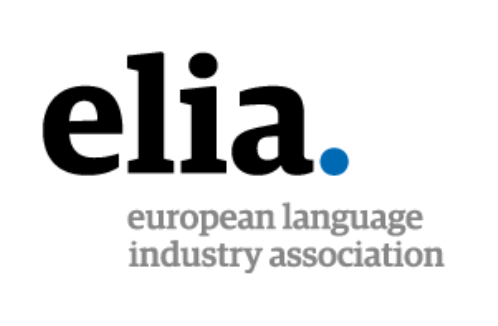In a world that thrives on technological innovation, the integration of Artificial Intelligence (AI) in various industries has propelled us into a new era of possibilities. The translation landscape is no exception, with AI-driven tools offering unprecedented speed and efficiency. However, as we embrace these advancements, a crucial aspect often demands our attention: the preservation of cultural sensitivity. In this blog, we delve into the ethical considerations surrounding AI in translation and the paramount importance of maintaining cultural authenticity.
Cultural Sensitivity: A Pillar of Effective Communication
Languages are more than a sequence of words – they encapsulate the histories, values, and identities of cultures. In translation, conveying a message accurately goes beyond a literal interpretation. It involves understanding and reproducing the context, nuances, and cultural references that make the message resonate authentically with the target audience. This is where human translators excel, as they comprehend the intricacies that AI might miss.
The Promise and Challenge of AI in Translation
AI-driven translation tools offer remarkable capabilities, but they can stumble when it comes to cultural sensitivity. Literal translations may not capture the subtleties of idioms, humor, or local expressions. As a result, content might be perceived as tone-deaf or even offensive to the audience it’s intended for. Ethical considerations arise as we question whether relying solely on AI is compatible with our commitment to honoring cultural diversity and promoting understanding.
Navigating Ethical Considerations:
Training Data and Bias: AI systems learn from data, and if the training data is skewed or biased, it could perpetuate stereotypes and inaccuracies in translations. Ethical AI implementation involves ensuring a diverse and balanced dataset to avoid cultural biases.
Cultural Nuances: AI might overlook context and cultural connotations, leading to mistranslations or insensitivity. Human translators possess the cultural empathy to understand when a direct translation isn’t appropriate and can offer context-aware alternatives.
Respecting Privacy and Values: Certain cultures have specific privacy concerns or values. Human translators navigate these sensitivities with finesse, adapting content to respect cultural norms.
Cultural Adaptation: AI might not recognize when certain content, even if accurately translated, could be offensive or inappropriate in a particular cultural context. Human translators ensure that content remains respectful and culturally appropriate.
Harmonizing AI and Human Touch:
The future of AI in translation lies in harnessing its efficiency while complementing it with human expertise. By combining AI’s capabilities with human translators’ cultural insights and contextual understanding, we strike a balance that respects cultural nuances and avoids insensitive communication.
Conclusion: A Compassionate Future
As we navigate the integration of AI into translation, the ethical considerations of preserving cultural sensitivity stand as a guiding principle. Our responsibility is not just to translate words, but to foster global understanding, empathy, and appreciation for diverse cultures. In this era of technological progress, let us remain committed to an ethical AI transformation that respects the richness of languages and preserves the cultural tapestry that defines us.




